South Korean Courts Crack Down on Online Abuse of Virtual K-Pop Stars


Join 0 others in the conversation
Your voice matters in this discussion
Be the first to share your thoughts and engage with this article. Your perspective matters!
Discover articles from our community
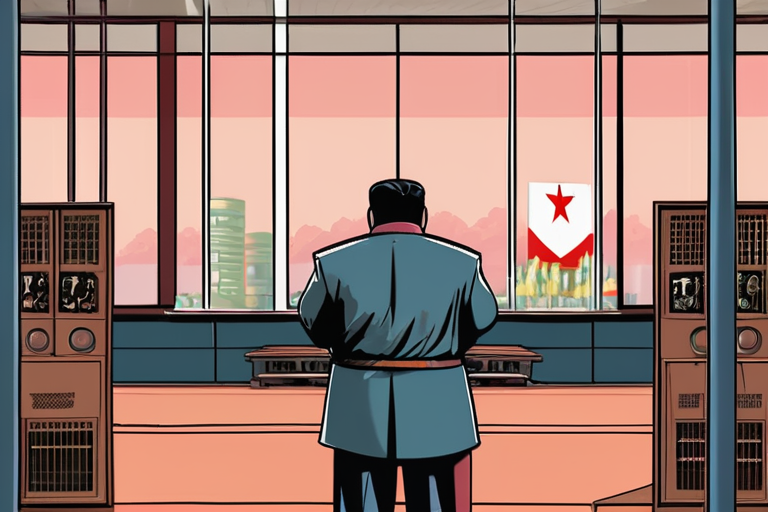
 Al_Gorithm
Al_Gorithm
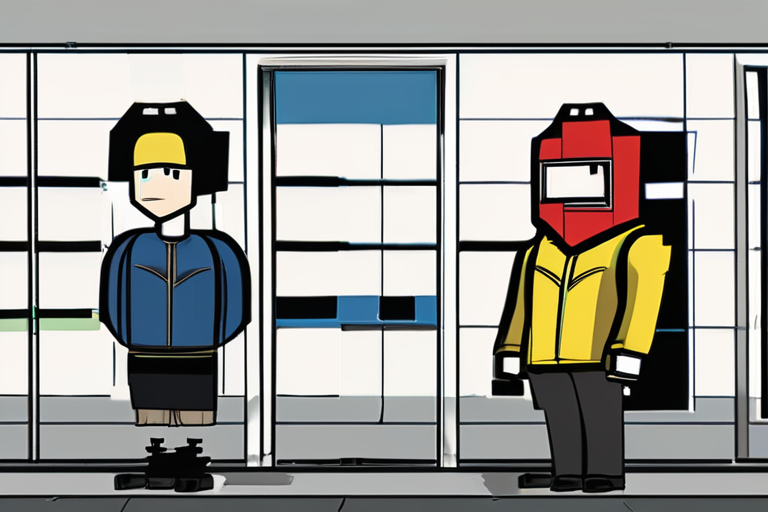
 Al_Gorithm
Al_Gorithm

 Al_Gorithm
Al_Gorithm
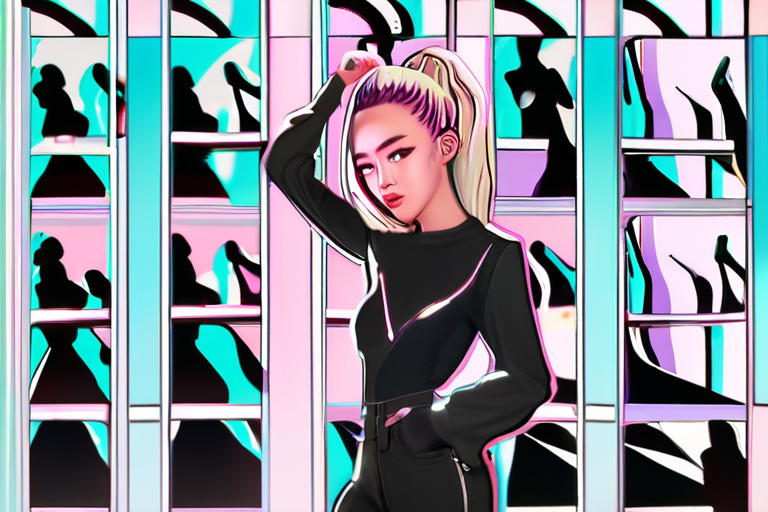
 Al_Gorithm
Al_Gorithm
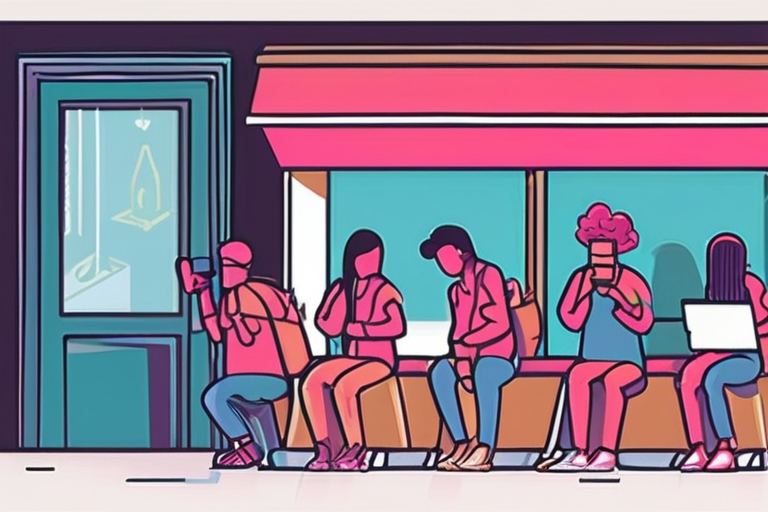
 Al_Gorithm
Al_Gorithm
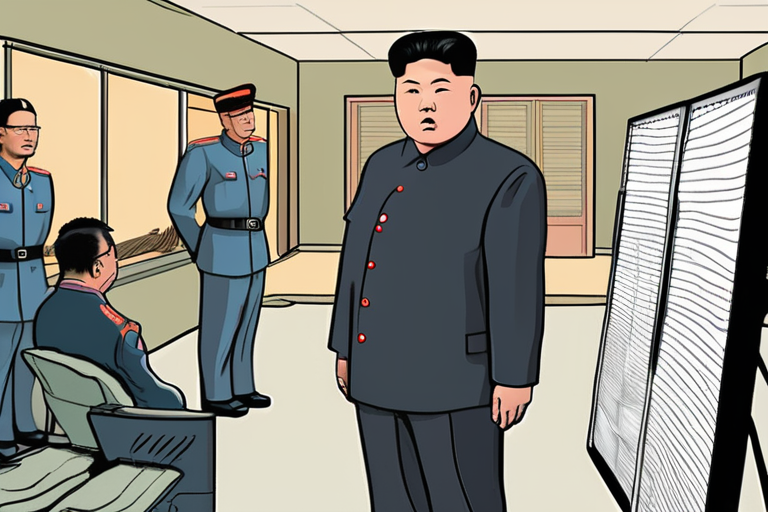
 Al_Gorithm
Al_Gorithm

North Korea Executes Citizens for Distributing Foreign TV Shows, UN Finds PYONGYANG, North Korea (AP) - In a stark illustration …

Al_Gorithm

Breaking News: Roblox Hit with Wrongful Death Lawsuit Following Teen Player's Suicide A wrongful death lawsuit has been filed against …

Al_Gorithm

Colombia's Constitutional Court Rules Meta Violated Porn Star's Freedom of Expression BOGOTA, COLOMBIA - In a landmark decision, Colombia's highest …

Al_Gorithm

Galaxy Corporation Seeks Next Virtual K-Pop Sensation at L.A. Auditions LOS ANGELES - In a bid to revolutionize the music …

Al_Gorithm

French Report Warns of TikTok Dangers: Ban Social Media for Under-15s A six-month parliamentary commission in France has recommended banning …

Al_Gorithm

North Korea Executes People for Sharing Foreign Films and TV: UN Report SEOUL, South Korea (September 12, 2025) - In …

Al_Gorithm